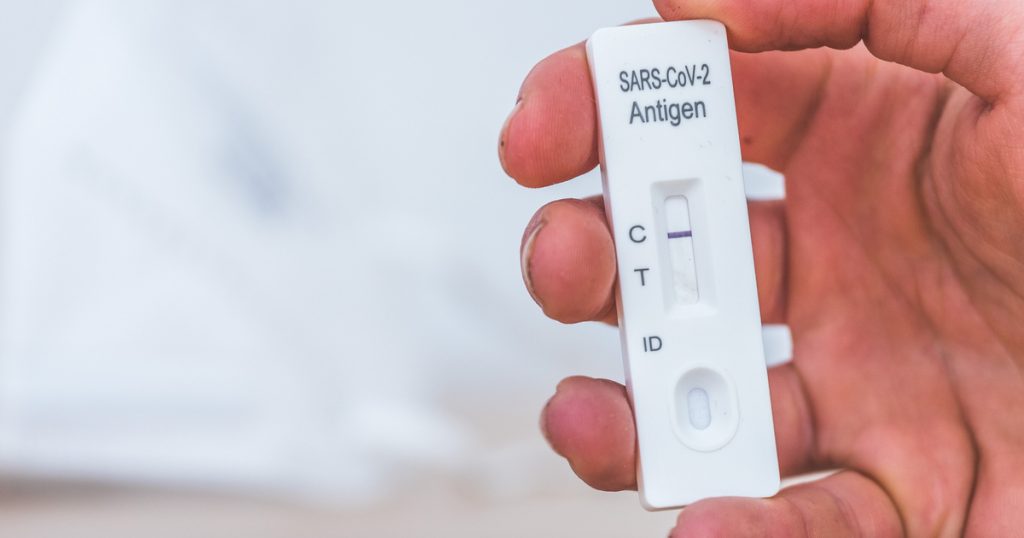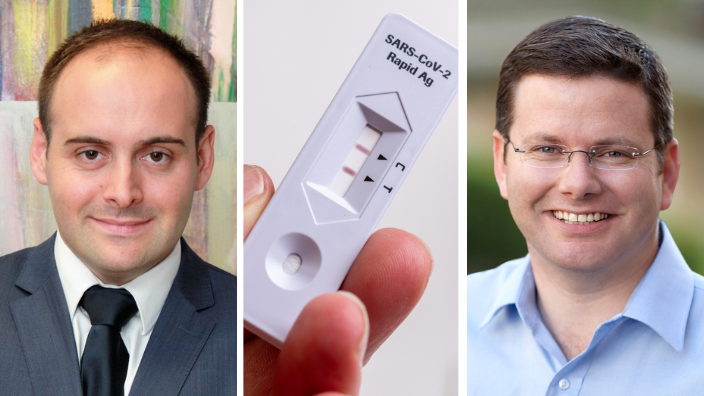The NSW Government is partnering with key multicultural organisations to deliver rapid antigen tests (RAT) to vulnerable culturally and linguistically diverse communities across NSW.
Minister for Multiculturalism, Mark Coure, said that the Ethnic Communities’ Councils of NSW (ECCNSW), including those in the Hunter, the Illawarra and Wagga Wagga, will be the first multicultural organisations delivering the RATs across the state.
“Within multicultural communities, grass roots organisations like the ECCNSW are the first port of call for people who need a bit of support,” Mr Coure said.
READ MORE: The Greek frontline workers in south-west Sydney helping multicultural communities in lockdown.
“Since the pandemic hit our shores two years ago, local multicultural communities have really stepped up, helping the NSW Government spread important health messages and providing a safety net for vulnerable people.
“One of our key take aways from early in the pandemic was that these organisations are often best placed to support their communities. We couldn’t have a more trusted partner to get RATs out to those who need them.”
Chair of ECCNSW, Peter Doukas OAM, said the organisation was excited to be part of the NSW Government’s release of RATs to communities.
“As the peak body representing multicultural communities across the State, we believe it is our core role to be part of this process,” Mr Doukas said.

“We will be aiming to provide these tests for those vulnerable communities by utilising our networks and member base.”
READ MORE: Greek-Australians celebrated on Australia Day Honours List 2020.
CEO of MCC Illawarra, Chris Lacey, thanked the NSW Government for making the RATs available.
“There are more than 50 associations that support multicultural communities locally and most are volunteer based,” Mr Lacey said.
“They have worked non-stop during the pandemic to support people from migrant and refugee backgrounds, and RATs are now an important part of ensuring the safe continuation of these services.”
Multicultural NSW will continue to work with NSW Health and other agencies to translate important information on RATs.

